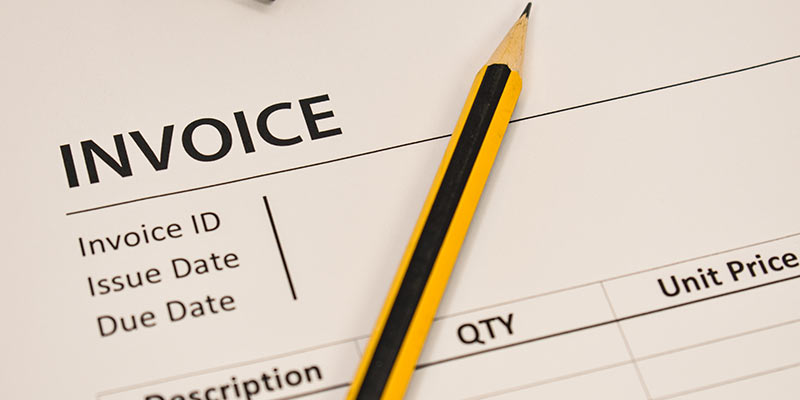Collecting outstanding invoices can be a challenge for many businesses. However, it is a critical task that needs to be done in a timely and professional manner to ensure the smooth operation of the business and to maintain good relationships with customers. In this article, we’ll explore some tips and best practices for collecting outstanding invoices.
- Send Invoices Promptly: One of the most important things you can do to improve your chances of receiving timely payments is to send invoices promptly. Make sure invoices are sent to customers as soon as the work is completed or the goods are delivered. This will help you avoid delays and increase the chances of timely payment.
- Set Clear Payment Terms: It’s essential to set clear payment terms with your customers. This includes the due date, late payment fees, and any other terms that you want to include. Make sure your payment terms are written in a clear and concise manner and are easily understandable. You should also include your payment terms on your invoices to avoid confusion and ensure that your customers are aware of when they need to pay.
- Follow Up Regularly: Once you have sent an invoice, it’s important to follow up with customers regularly to check on the status of payment. This can be done through email, phone, or any other communication method that works best for you and your customer. The goal of the follow-up is to ensure that the customer is aware of the outstanding payment and to help resolve any issues that may be preventing payment.
- Use Automated Reminders: Automated reminders are a great way to streamline your invoice collection process and reduce the amount of time you spend following up with customers. You can set up automatic reminders that will be sent to customers when an invoice is overdue, helping to prompt payment and reduce the risk of late payments.
- Be Professional and Polite: When collecting outstanding invoices, it’s important to be professional and polite in your communications with customers. Avoid using aggressive or confrontational language, as this can damage your relationship with the customer and make it less likely that you will receive payment. Instead, be friendly and understanding, and try to work with the customer to find a solution that works for both of you.
- Offer Payment Options: Providing customers with multiple payment options can make it easier for them to pay their outstanding invoices. Consider offering options such as online payment, credit card payment, and direct deposit. This will give customers more flexibility and make it easier for them to pay their invoices on time.
- Negotiate Payment Plans: If a customer is having trouble paying their outstanding invoices, consider negotiating a payment plan. A payment plan can help the customer manage their debt and keep their payments up to date, while also ensuring that you receive the money that is owed to you.
- Consider Hiring a Collection Agency: If you are unable to collect an outstanding invoice after making repeated attempts, consider hiring a collection agency. Collection agencies specialize in collecting debt and have the experience and resources needed to get results. However, be aware that using a collection agency can be expensive, and there is a risk that it will damage your relationship with the customer.
- Seek Legal Advice: In some cases, you may need to take legal action to collect an outstanding invoice. If you have exhausted all other options and are unable to collect the debt, you may need to seek the advice of a lawyer. However, be aware that legal action can be time-consuming and expensive, and there is no guarantee that you will recover the money that is owed to you.


